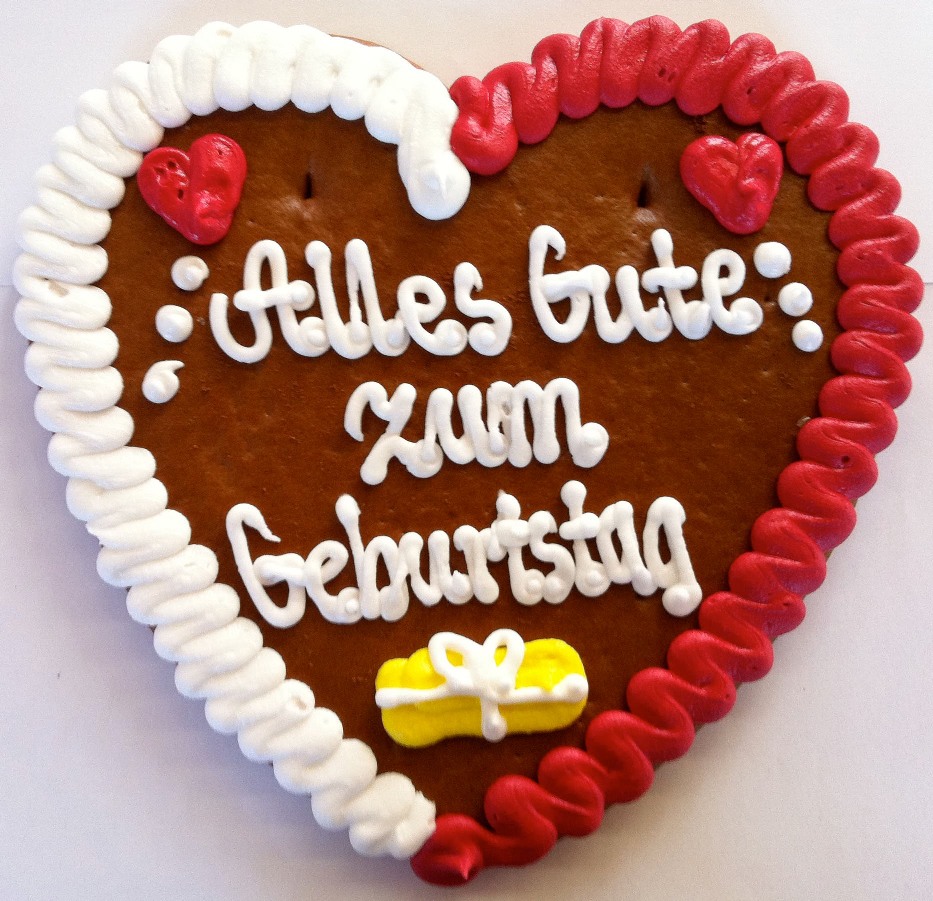"Frohe Geburtstag" in English: A Deep Dive into German Birthday Celebrations
Verwandte Artikel: "Frohe Geburtstag" in English: A Deep Dive into German Birthday Celebrations
Einführung
Bei dieser feierlichen Gelegenheit freuen wir uns, in das das faszinierende Thema rund um "Frohe Geburtstag" in English: A Deep Dive into German Birthday Celebrations vertiefen. Lassen Sie uns interessante Informationen zusammenfügen und den Lesern frische Perspektiven bieten.
Table of Content
"Frohe Geburtstag" in English: A Deep Dive into German Birthday Celebrations

"Frohe Geburtstag" is the German equivalent of "Happy Birthday," a heartfelt expression of joy and good wishes extended to someone celebrating their special day. While the phrase itself is simple, it encapsulates a rich cultural tradition deeply ingrained in German society. This article delves into the significance of "Frohe Geburtstag" in English, exploring its origins, customs, and the deep-seated value it holds for Germans.
The Origins of "Frohe Geburtstag"
The phrase "Frohe Geburtstag" is a relatively recent invention, dating back to the 19th century. Prior to this, Germans used a variety of expressions to wish someone a happy birthday, including "Herzlichen Glückwunsch zum Geburtstag" (Heartiest congratulations on your birthday) or "Alles Gute zum Geburtstag" (All the best for your birthday).
The term "Frohe Geburtstag" emerged as a more concise and readily accessible way to express birthday greetings. Its simplicity and directness resonated with the German populace, quickly becoming the standard greeting for birthday celebrations.
Beyond the Phrase: The Significance of "Frohe Geburtstag"
While "Frohe Geburtstag" is a simple phrase, it carries a profound meaning within German culture. It signifies:
- A Celebration of Life: Birthdays are seen as a time to reflect on the past year, celebrate achievements, and look forward to the year ahead.
- A Show of Affection: "Frohe Geburtstag" is an expression of love, care, and appreciation for the person being celebrated. It reinforces the bonds of family and friendship.
- A Shared Joy: Birthdays are communal events, bringing together friends and family to share laughter, joy, and create lasting memories.
Customs and Traditions Associated with "Frohe Geburtstag"
German birthday celebrations are characterized by a blend of tradition and modernity. Some common customs include:
- Birthday Cakes: A birthday cake is a quintessential part of any German birthday celebration. It is often decorated with candles, representing the person’s age, and usually features a song dedicated to the birthday person.
- Birthday Presents: Gifts are a common practice, ranging from practical items to sentimental tokens. The tradition of giving gifts fosters a sense of generosity and strengthens relationships.
- Birthday Parties: Birthdays are often celebrated with parties, ranging from intimate gatherings with close friends and family to larger events with extended family and colleagues.
- Birthday Cards: Sending birthday cards is a cherished tradition, allowing people to express their wishes and sentiments in a personal way.
"Frohe Geburtstag" in the Modern Era
Despite the digital age and the ever-increasing pace of life, the significance of "Frohe Geburtstag" remains strong. Germans continue to cherish the tradition of celebrating birthdays with their loved ones, making it a special occasion filled with joy and warmth.
FAQs about "Frohe Geburtstag"
Q: What is the appropriate way to respond to "Frohe Geburtstag"?
A: The most common response is "Danke!" (Thank you!), followed by "Danke schön!" (Thank you very much!) or "Vielen Dank!" (Many thanks!).
Q: Are there any regional variations of "Frohe Geburtstag"?
A: While "Frohe Geburtstag" is the most widely used phrase, some regional variations exist, such as "Herzlichen Glückwunsch zum Geburtstag" (Heartiest congratulations on your birthday) or "Alles Gute zum Geburtstag" (All the best for your birthday).
Q: Is it customary to sing "Happy Birthday" in German?
A: Yes, it is customary to sing "Happy Birthday" in German. The most common version is "Happy Birthday to you," translated into German as "Happy Birthday to you."
Tips for Celebrating "Frohe Geburtstag"
- Plan a Special Occasion: Make the birthday person feel special by planning a unique and thoughtful celebration.
- Personalize the Gifts: Choose gifts that reflect the birthday person’s interests and personality.
- Embrace the Traditions: Incorporate traditional German birthday customs into the celebration to create a memorable experience.
- Spread the Joy: Share the joy of the celebration with friends and family, creating lasting memories.
Conclusion
"Frohe Geburtstag" is more than just a phrase; it embodies the spirit of German birthday celebrations, highlighting the importance of family, friendship, and the joy of life. It is a reminder to cherish every moment, celebrate each other, and create lasting memories that will be treasured for years to come.








Abschluss
Daher hoffen wir, dass dieser Artikel wertvolle Einblicke in "Frohe Geburtstag" in English: A Deep Dive into German Birthday Celebrations bietet. Wir danken Ihnen, dass Sie sich die Zeit genommen haben, diesen Artikel zu lesen. Bis zum nächsten Artikel!
